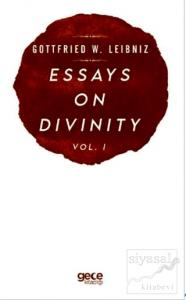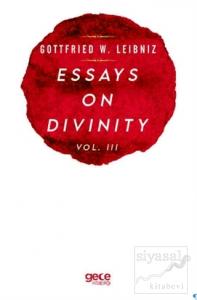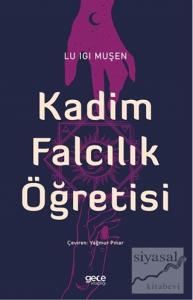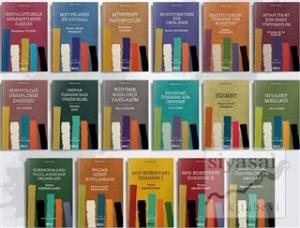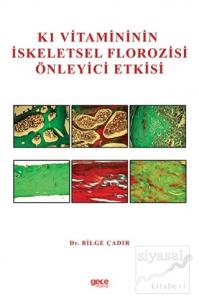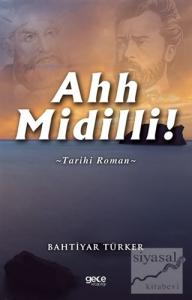
“...This maxim is altogether to my liking, and I draw from it this conclusion, that God does the very best possible: otherwise the exercise of his goodness would be restricted, and that would be restricting his goodness itself, if it did not prompt him to the best, if he were lacking in good will. Or again it would be restricting his wisdom and his power, if he lacked the knowledge necessary for discerning the best and for finding the means to obtain it, or if he lacked the strength necessary for employing these means. There is, however, ambiguity in the assertion that love of virtue and hatred of vice are infinite in God: if that were abso-lutely and unreservedly true, in practice there would be no vice in the world. But although each one of God's perfections is infinite in itself, it is exercised only in proportion to the object and as the nature of things prompts it...
“...This maxim is altogether to my liking, and I draw from it this conclusion, that God does the very best possible: otherwise the exercise of his goodness would be restricted, and that would be restricting his goodness itself, if it did not prompt him to the best, if he were lacking in good will. Or again it would be restricting his wisdom and his power, if he lacked the knowledge necessary for discerning the best and for finding the means to obtain it, or if he lacked the strength necessary for employing these means. There is, however, ambiguity in the assertion that love of virtue and hatred of vice are infinite in God: if that were abso-lutely and unreservedly true, in practice there would be no vice in the world. But although each one of God's perfections is infinite in itself, it is exercised only in proportion to the object and as the nature of things prompts it...











